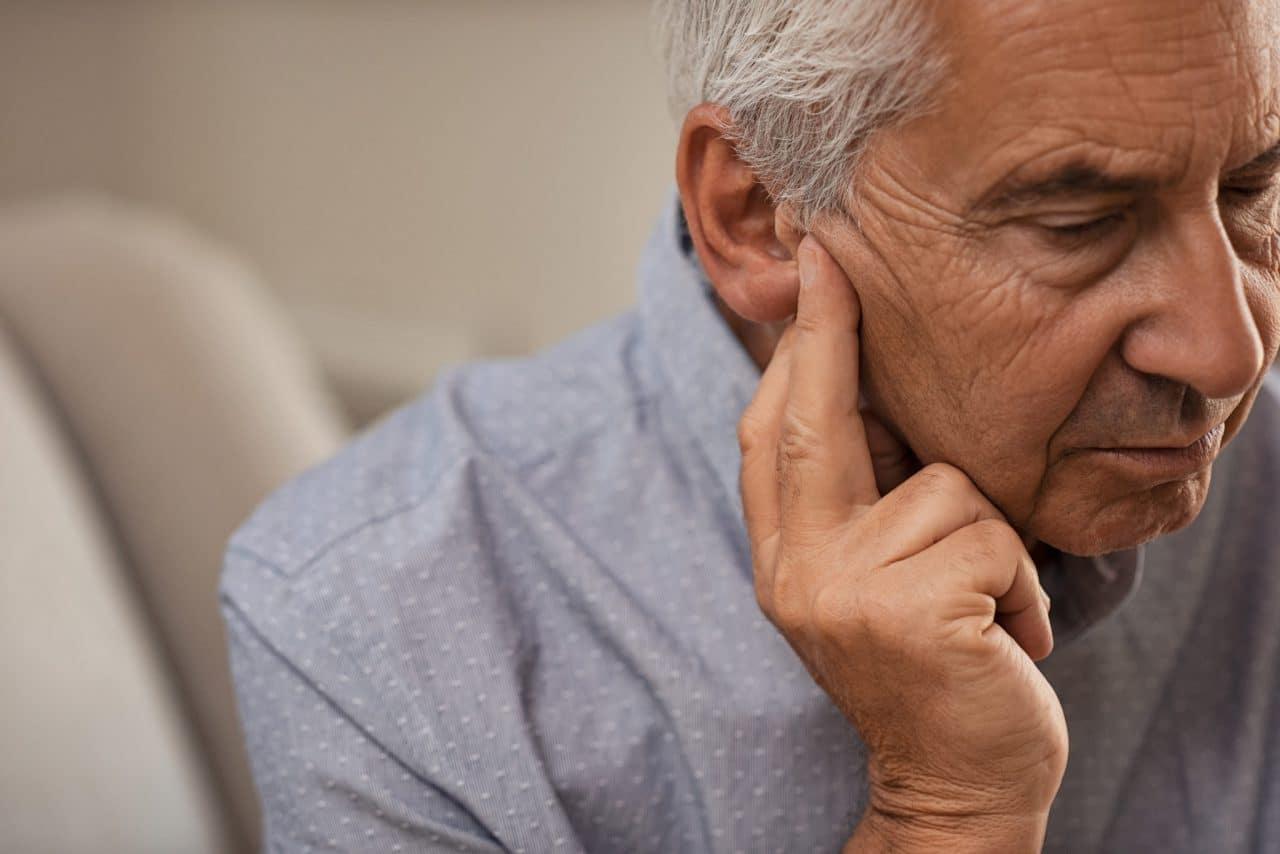If you think hearing loss affects both ears equally, you’ll be surprised to learn that there are cases where only one ear is affected. The majority of people in Florida with hearing loss experience impairment in both ears, but a small number suffer from unilateral hearing loss, also known as single-sided deafness (SSD). For those patients, treatment can be tricky.
What Causes Single-Sided Deafness?

An estimated 60,000 Americans are diagnosed with SSD every year. A variety of factors can cause a sudden loss in hearing. Some of the most common include:
Acoustic Neuroma
This slow-growing tumor is typically benign, but it can eventually get large enough to press against the auditory nerve, causing hearing difficulty.
Sudden Sensorineural Hearing Loss (SSHL)
Also known as sudden deafness, this condition – characterized by a rapid onset of hearing loss occurring with little or no warning – often causes permanent damage to the hair cells of the cochlea, resulting in hearing loss in one ear.
Other Diseases
These include Meniere’s disease, genetic disorders, labyrinthitis, microtia, mastoiditis, measles and mumps.
On the surface you might not think SSD is as serious as bilateral hearing loss – after all, one ear will still hear normally, and that can’t be a bad thing, right? Unfortunately, hearing aids – the gold standard in hearing loss treatment for the majority of patients – are much less effective in treating just one ear. Unilateral hearing loss makes it especially difficult to understand speech over background noise, and patients have considerable difficulty localizing sounds. There is no cure for SSD, but patients do have treatment options.
Treating SSD
While traditional hearing aids are not an effective treatment for SSD, patients in Tucson often benefit from Contralateral Routing of Signal (CROS) hearing aids. These aids use a microphone next to the hearing-impaired ear to pick up sound transmitted from an amplifier placed in the vicinity of the normal ear, improving hearing and localization of sounds. BICROS hearing aids work similarly and are used in those individuals with some degree of hearing loss in one ear and total deafness in the other.
Bone anchored hearing aids (BAHA) are another option for those with single-sided deafness. These surgically-implanted aids utilize direct bone conduction to transmit sounds from the good ear to the bad one; vibrations in these bones stimulate the hair cells of the cochlea, improving the patient’s hearing ability.
Contact the hearing experts at Aaron’s Hearing Care to learn more.
